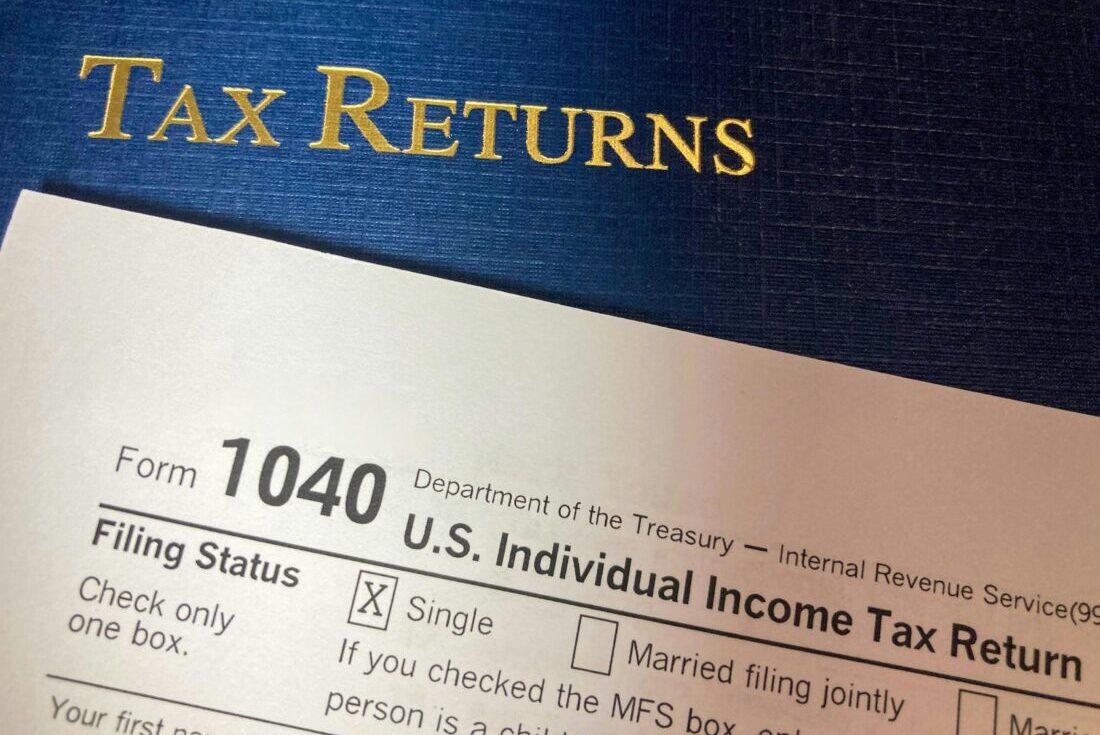If you are a U.S. citizen married to a foreign national living abroad, your tax filing status is a crucial aspect of your immigration process. Many U.S. citizens married to foreign nationals may not realize that filing tax returns as “single” instead of “married” can create serious complications—especially when it comes to sponsoring your spouse for a green card.
If you’re in this situation, understanding the consequences of incorrect tax filings and knowing how to address them can prevent delays and ensure your immigration process goes smoothly. Here’s what you need to know.
The Role of Tax Filings in Marriage-Based Immigration
When applying for a marriage-based green card, one of the key pieces of evidence you must submit is proof of a legitimate, ongoing marital relationship. U.S. immigration authorities closely examine your financial records, including tax filings, to confirm that the marriage is bona fide.
- Married Filing Status: For U.S. citizens married to foreign nationals, it is essential to file taxes as “married” to accurately reflect your relationship. If the tax return states that you are single, immigration authorities may view this as inconsistent with your claim that you are married, raising doubts about the legitimacy of your relationship. The married filing statuses include the following:
-
-
- Married filing separately: In general, when a U.S. Citizen is married to a non-resident alien their federal tax filing status is married filing separately.
- Married filing jointly: Both you and your spouse can choose to treat the non-resident alien spouse as a U.S. resident for tax purposes. It’s important to understand that making this choice does not affect your spouse’s U.S. Immigration status. This filing status may entitle you to additional exemptions and higher deductions.
- Head of Household: In order to qualify for this status, you must have paid more than half the cost of keeping up your home for the year and a dependent (e.g., your child) must have lived with you in your home for more than half of the year and you must be considered unmarried.
-
- Affidavit of Support: Another critical part of the marriage-based green card process is the Affidavit of Support(Form I-864), where you must demonstrate that you have the financial ability to support your foreign spouse once they arrive in the U.S. This includes showing your income via tax returns. If you’ve filed as “single,” it could affect your ability to meet the required income thresholds, delaying or complicating the process.
Why Filing as “Single” Creates Issues
- Inconsistent Documentation: If you are married but file taxes as “single,” the U.S. government may question the authenticity of your marriage. Immigration officers may view this as a red flag, suggesting that your marriage may not be genuine or that you’re trying to evade U.S. tax laws.
- Financial Implications: When filing as “single,” you may miss out on tax benefits available to married couples, such as married filing jointly status, which can reduce your tax liability and provide a more accurate reflection of your financial situation. More importantly, the discrepancy could hinder your ability to meet the poverty guidelines for the Affidavit of Support, which is required for the visa process.
- Potential Penalties and Back Taxes: Misreporting your tax status could raise red flags with the IRS. The IRS may impose penalties or require you to pay back taxes if they determine you’ve misclassified your filing status. This is not only a financial concern but also an issue that could complicate your immigration case, as tax compliance is a key factor in the green card process.
How to Remedy the Situation
If you’ve already filed taxes as “single” while married to a foreign national, all hope is not lost. There are steps you can take to remedy this issue and get back on track with your marriage-based immigration application.
- Amend Your Tax Returns
The first step is to amend your tax returns. If you mistakenly filed as “single” instead of “married,” you can file an amended tax return using Form 1040X. This form allows you to correct the filing status and ensure that your taxes accurately reflect your marital situation. You should amend your returns for each year in which the mistake occurred. - Pay Any Back Taxes
If your incorrect filing resulted in an underpayment of taxes, you’ll need to pay any back taxes owed. This may include penalties and interest, so it’s important to act quickly to resolve any discrepancies. The IRS may offer payment plans if necessary, but the sooner you address this issue, the better. - File as Married
In addition to amending your past returns, it’s important to start filing as married filing jointly, head of household or married filing separately moving forward. Filing jointly provides tax benefits and aligns your filing status with the requirements for immigration purposes. If you are married to a foreign national, you can choose to file jointly with them as a nonresident alien or file separately. - Provide Corrected Documentation for Immigration
When submitting your immigration application (such as the Form I-864 for the Affidavit of Support), be sure to include your amended tax returns. This ensures consistency in your documentation and helps to demonstrate the bona fide nature of your marriage. Immigration officers will look for alignment between your financial documents and your tax filings.
Why Work with an Experienced Immigration Attorney?
The tax laws for U.S. citizens living abroad, especially those with foreign spouses, can be complex. If you’re unsure how to amend your tax returns or how to best navigate the situation, it’s wise to consult with both a tax professional and an immigration attorney. At Rokas Law Office PLLC we can ensure that your filings are in order and that your immigration application moves forward without delays. Whether you need assistance with amending your tax returns or ensuring your immigration paperwork is in perfect order, we’re here to guide you every step of the way.
Don’t let past tax mistakes jeopardize your future together. Contact us today to schedule a consultation, and let us help you resolve this issue and move forward with your marriage-based green card application.








